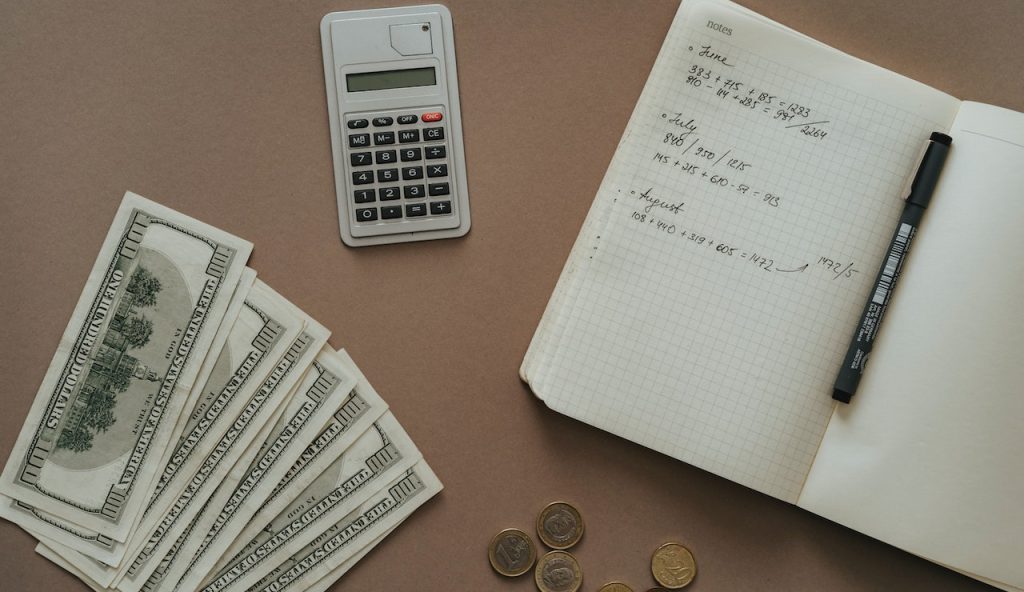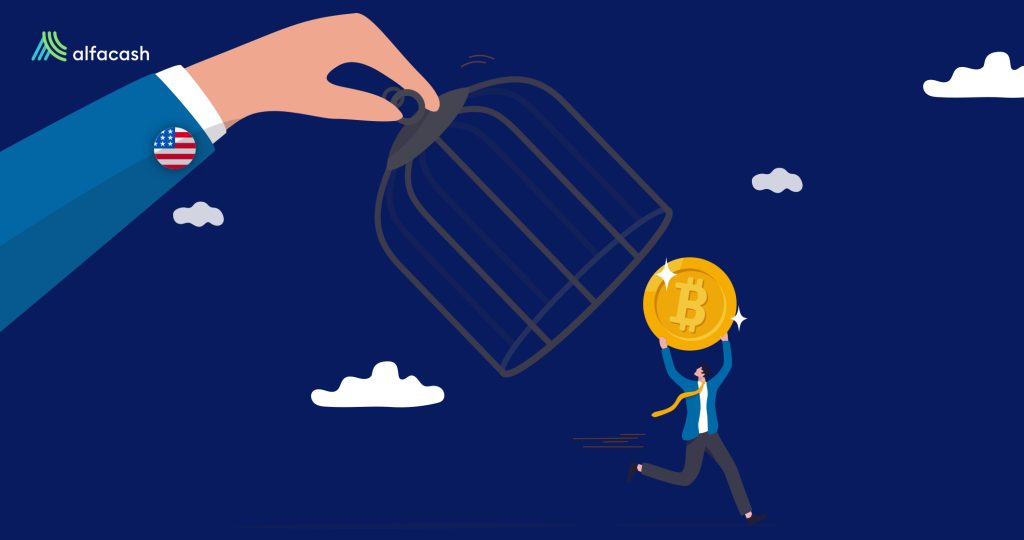Experts have raised their alarms against Binance’s proof of reserves. In its attempts to improve the transparency of its operations, the exchange has also revealed certain points of concern regarding corporate structure, Bitcoin (BTC) liabilities, and the quality of internal control. In addition, the United States Department of Justice could target the exchange’s directors.
The Binance’s Proof of Reserves
Binance is not required to publish a full overview of its financial condition or liquidity. But, over the past month, it has tried to calm investors and bolster confidence following the FTX collapse. However, accounting and financial specialists consulted by The Wall Street Journal (WSJ) detected anomalies in the exchange’s data.
Binance hired a third-party accounting firm, Mazars, to prepare a Proof of Reserves report that breaks down some of its assets and liabilities and includes some financial data. But, the report only covers the company’s Bitcoin reserves.
Also, the audit result found that the exchange’s liabilities were 3% higher than its assets. Thus, Binance could not meet its 1:1 reserve proof ratio in the audit period.

Thus, the report generated in the audit does not provide confidence to the experts consulted by WSJ since it does not clarify the operation of the exchange’s internal controls and how they liquidate their assets to cover margin loans. And, as if that were not enough, the auditing firm concluded the report by noting that it did not fully endorse the published figures.
Though, Binance spokesperson Jessica Jung noted that the report did not cover the complete picture of Binance’s proof of reserves. Thus, she attributed the difference between assets and liabilities to the BTC loans that the platform makes to its users. Also, the collateral for the loans would be in altcoins, so the exchange’s reserves would be 101% collateralized.
Binance in the crosshairs of the US authorities
This Monday, the ロイター news agency joined the WSJ to seed FUD in the crypto market through accusations against the exchange. But, this time, it was not just about Binance‘s proof of reserves. The news agency pointed out that the exchange’s executives would allegedly be involved in money laundering schemes and sanctions violations. Therefore, the United States Department of Justice could initiate legal action against the business.

The Securities and Exchange Commission (SEC) has previously targeted Binance on money laundering charges. But now, the investigations have been joined by the National Cryptocurrency Enforcement Team (NCET) and the Justice Department’s Money Laundering and Asset Recovery Section (MLARS) to gather evidence from former Binance employees and business partners.
According to Reuters, officials have gathered enough evidence to prosecute Changpeng Zhao, the founder of Binance. In addition, they could also prosecute other executives for money laundering and tampering with the proof of reserves. In response, Binance allegedly hired a former head of MLARS to engage in talks with the Justice Department.
A FUD Source
And although the authorities have not confirmed the Reuters news, the price of BNB (Binance Coin) fell 3% in 24 hours [CoinMarketCap] after the report broke.
The exchange defended itself against the accusations, stressing that its team has made cryptocurrencies much more secure. And coincidentally, the exchange froze withdrawals after detecting unusual activity in about five tokens over the weekend. So, it shows again that they can freeze withdrawals and delist tokens whenever possible. This isn’t a smart move considering that all eyes are now on Binance’s proof of reserves.
Wanna trade BTC, and other tokens? You can do it 安全に Alfacashで! また、このことやその他多くのことについて、ソーシャル メディアで取り上げていることもお忘れなく。








